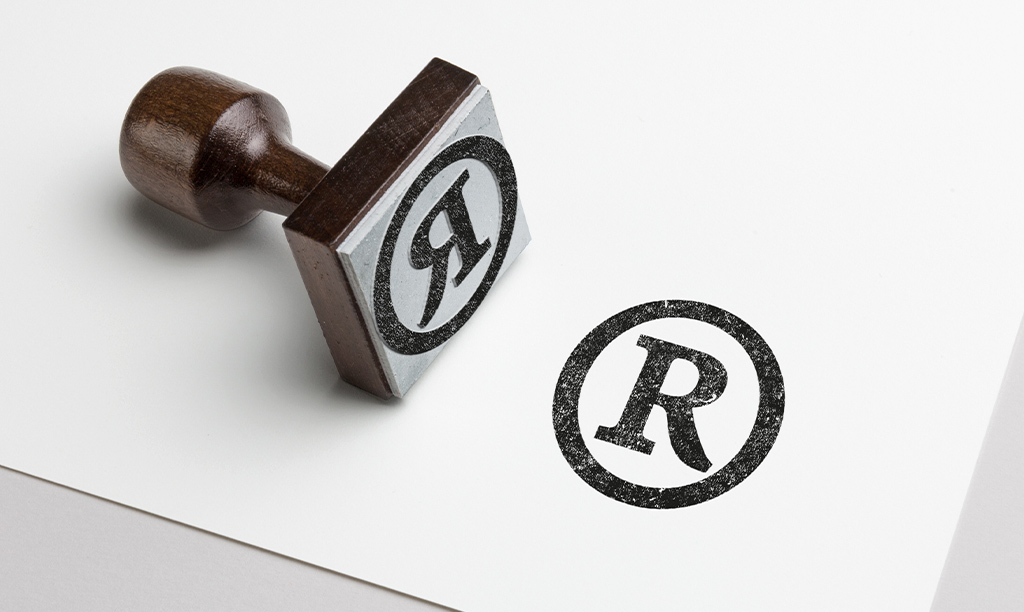Whiplash Team, May 10th 2024
Brand vs. domain: keys to protecting your brand’s identity
Registering a brand is crucial, but do you know the difference between registering a brand and buying a domain? Discover why both are important and how to protect your online and offline identity.
In the context of branding and corporate identity, brand registration plays a pivotal role. However, it’s common for it to be confused with other aspects, such as domain purchases. Brand protection is essential, as it is a strategic element of the business and a tool for continuous growth.
Registering a brand is a legal process to safeguard its commercial identity, while buying a domain ensures its online presence but doesn’t confer legal protection on the name itself.
Thus, brand registration ensures exclusivity and legal protection of the corporate identity. It secures rights over the name, logo, or slogan, shielding the brand owner from potential infringements by third parties and strengthening its position in the market.
Why is brand registration important?
A registered brand grants its owner exclusive rights over its use in connection with the products or services for which it was registered. This means that no one else can use that brand, or a similar one, in the same sector or industry without the registered owner’s consent.
Brand registration offers several benefits:
- Legal Protection: The holder of a registered brand has the legal right to take action against anyone attempting to use that brand without authorization. This includes the right to take legal action to stop infringement and claim damages.
- Exclusive Ownership: Brand registration confers upon its owner the exclusive right to use the brand in connection with the products or services specified in the registration. This helps prevent confusion in the market and protects the reputation and integrity of the brand.
- Commercial Value: A registered brand can be a valuable asset for a company. As the brand gains recognition and reputation, its value increases. Additionally, a registered brand can be sold, licensed, or used as collateral to obtain financing.
- Recognition and Customer Trust: A registered brand provides customers with a sense of confidence and security when interacting with products or services bearing that brand.
Differences between brand registration and domain purchase
It’s important to understand that brand registration and domain purchase are two distinct processes, albeit related.
Brand Registration:
- Brand registration refers to the legal process of protecting a name, logo, slogan, or other distinctive element identifying a company’s products or services.
- It is carried out through the trademark office of the corresponding country, where the brand’s compliance with legal requirements is evaluated, and existing trademark rights are not infringed.
- Once registered, the brand has legal protection and can be used exclusively by its owner in connection with the products or services specified in the registration.
Domain Purchase:
- Purchasing a domain involves acquiring the unique name identifying a website on the Internet.
- Domains are acquired through authorized domain registrars, who manage the reservation and maintenance of domain names.
- While purchasing a domain can help ensure an online presence and facilitate access to the brand via the Internet, it does not confer legal rights over the name itself. In other words, having a domain does not protect the brand from potential infringements.
Comprehensive protection
As we’ve seen, while purchasing a domain may be important for establishing an online presence, it does not offer the same legal protection as brand registration.
For comprehensive and robust protection of a brand’s identity, it’s crucial to carry out brand registration and domain purchase. This ensures comprehensive protection in both the physical and digital worlds.




